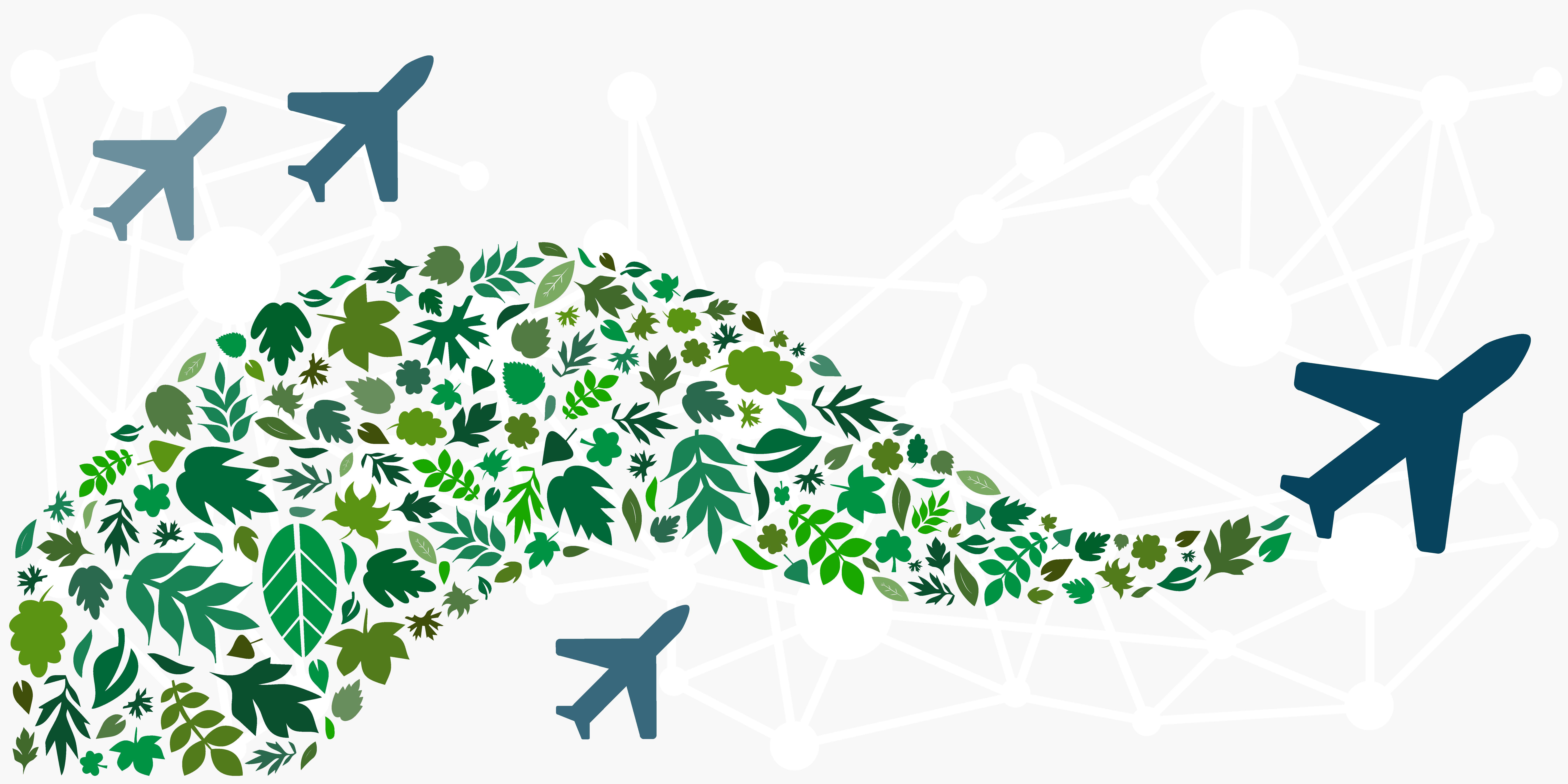The companies in the German aviation industry have presented a joint master plan to bring air transport more in line with climate protection.
Peter Gerber, President of the BDL Air Transport Association, Ralf Teckentrup, President of the BDF Airline Association, Dr. Stefan Schulte, President of the Airport Association ADV and Prof. Klaus-Dieter Scheurle, CEO of German Air Traffic Control, have presented a master plan where companies in the German aviation industry commit themselves to the goal of CO2-neutral aviation.
In the BDL's master plan, the industry sets out in detail the measures that can be taken to reduce greenhouse gas emissions.
“Our goal is CO2-neutral flying. Today we have proposed specific measures with which we want to achieve this goal. Our companies want to pull out all the stops to make further progress as quickly as possible. We cannot implement many measures on our own, but require a joint effort by the industry and politics. We are committed to moving this forward together and to standing up for it together,” said Gerber.
Based on figures from the time before the Corona crisis, air traffic is responsible for 2.8 percent of CO2 emissions worldwide. In relation to global warming, the share of global air traffic is 3 to 5 percent. With the master plan presented, the German aviation industry is committed to the goal of sustainably reducing these climate-damaging emissions. Because even if the recovery of air traffic will take significantly longer than in other global crises, the demand for air traffic will continue to rise in the long term.
The currently greatest lever for climate protection in air traffic is ecological fleet modernization. By replacing older aircraft with more energy-efficient aircraft, the specific CO2 emissions of German aircraft fleets have been reduced by 44 percent since 1990. With its master plan, the industry is committed to continuing on this path and further reducing emissions per flight by 1 to 1.5 percent per year through fleet modernization.
In order to achieve the goal of CO2-neutral flying, the aviation industry wants to replace fossil kerosene with a completely sustainable fuel. Such a fuel is not currently produced on an industrial scale. The BDL master plan shows that this system change can succeed if production facilities are set up and mechanisms for an effective, competition-neutral market ramp-up are implemented. For this purpose, German aviation is developing a concrete roadmap together with politics and industry.
The industry is driving forward the networking of modes of transport, notably Deutsche Bahn.
The BDL also sees further potential for climate protection in optimized flight guidance, including optimizing flight control so that detours are reduced in European airspace, as well as refusing the adverse climate impact of contrails and cirrus clouds.
The industry states that it is also in favour of effective CO2 pricing instruments that actually reduce CO2 emissions and rule out carbon leakage. With its inclusion in the European Emissions Trading Scheme (ETS) there is such an effective instrument of CO2 pricing for aviation.

